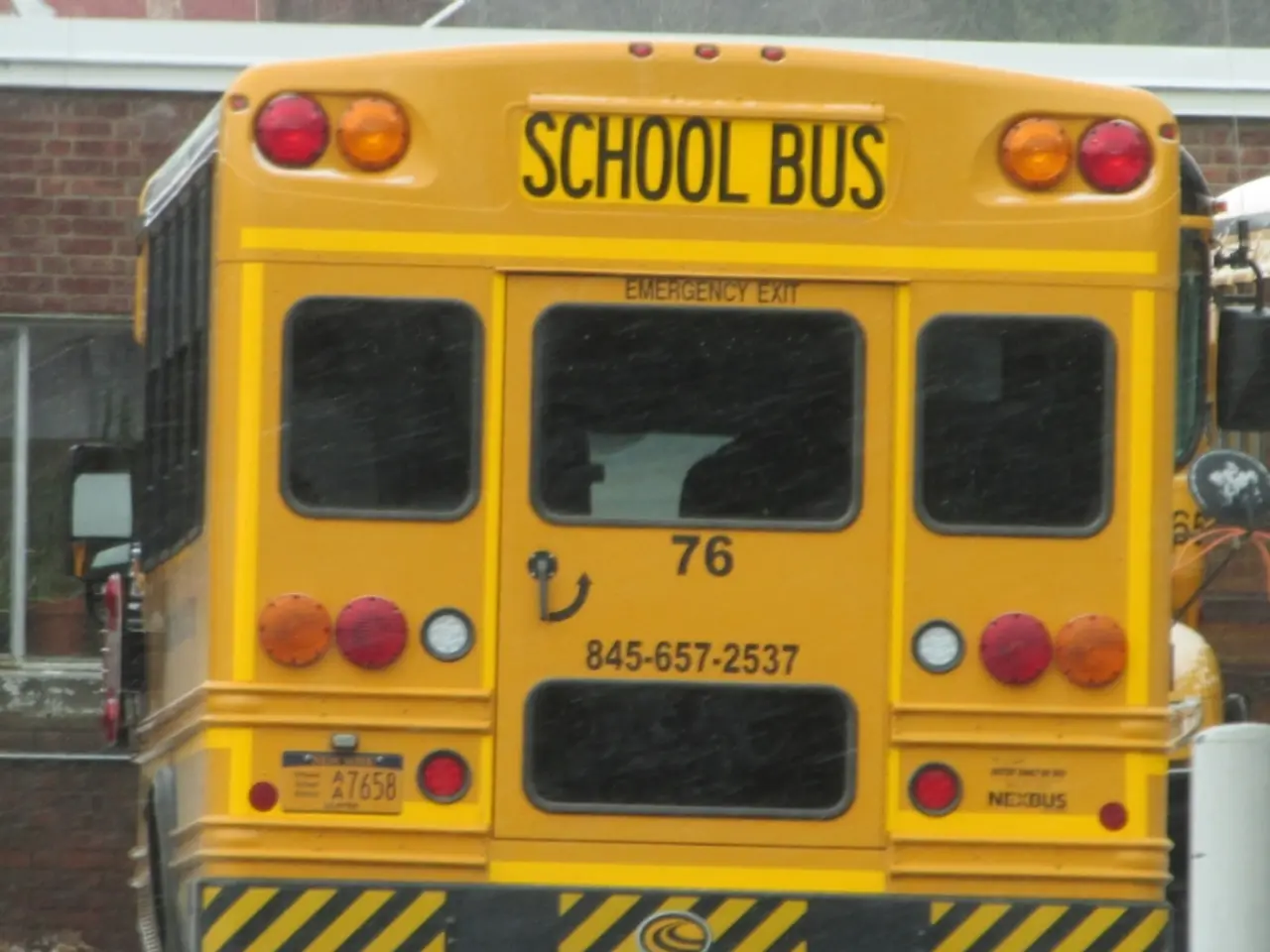Government Designates 6 Million Dollars for Immediate Improvements in 28 Educational Institutions
The Portuguese government is making significant strides in the rehabilitation and construction of educational facilities, with a particular focus on addressing urgent needs and improving vocational and adult education infrastructure.
In 2023, the government, led by António Costa, signed an agreement with the National Association of Portuguese Municipalities, identifying 451 schools in need of work. Cooperation agreements were signed with 13 out of 21 municipalities, amounting to €6,008,487.76. The remaining 8 municipalities are expected to receive funds after signing their cooperation agreements.
The work, which includes a range of interventions identified by the Directorate-General for School Establishments (DGEstE), is expected to start soon and should be completed by the end of this year or next. Around 100 schools are currently being intervened.
The government's focus is on preventing a repeat of the past, where a lack of investment for decades led to a significant degradation of the school park. Fernando Alexandre, the Minister of Education, Science, and Innovation, emphasized the need for good articulation between local authorities and schools to ensure the necessary resources are allocated effectively.
One key initiative is the establishment of Specialized Technology Centres as part of the National Recovery and Resilience Plan. The government, in cooperation with municipalities, aims to have 365 such centres operational by December 2025. These centres will enhance higher vocational education and training (HVET), contributing to the expansion and upgrading of educational facilities for vocational training.
Municipalities are central to implementing vocational education policies, funding, and adapting skills delivery to local needs. They collaborate with the national government in rehabilitating and developing school infrastructures to support HVET and adult skills systems. This decentralization helps prioritize urgent investments based on regional demands.
The government also supports a network of centres, including Qualifica Centres, vocational schools, and training centres overseen by the Ministry of Education and entities like IEFP (Institute of Employment and Vocational Training). These centres are part of ongoing efforts to provide continuous learning and qualification opportunities, which often require infrastructure enhancements or new construction to meet increasing demand and quality standards.
While detailed data on specific rehabilitation and construction projects is limited, the progress toward establishing HVET centres and the continued operation and expansion of adult education facilities highlight a strategic advancement in educational infrastructure. The government's focus on aligning education facilities with labour market needs also suggests prioritization of urgent rehabilitation projects where necessary.
The PT 2030 and the €1 billion from the European Investment Bank are the priority until 2029 for school rehabilitation and construction in Portugal. Not all schools have the same level of urgency, and the government will prioritize those that are more urgent. The minister also insisted on the need to clarify the different responsibilities in the decentralization process.
In conclusion, the Portuguese government is prioritizing investments in vocational and adult education school infrastructures through specialized centres and local government cooperation, steadily advancing towards its 2025 targets, which serves as an indicator of rehabilitation and construction progress aligned with urgent educational needs.
What about the financing for these educational infrastructure projects in the realm of finance? At the same time, it's worth questioning whether the Portuguese government has earmarked funds for rehabilitating schools of immediate need that don't fall under the construction of Specialized Technology Centres or adult education facilities.




